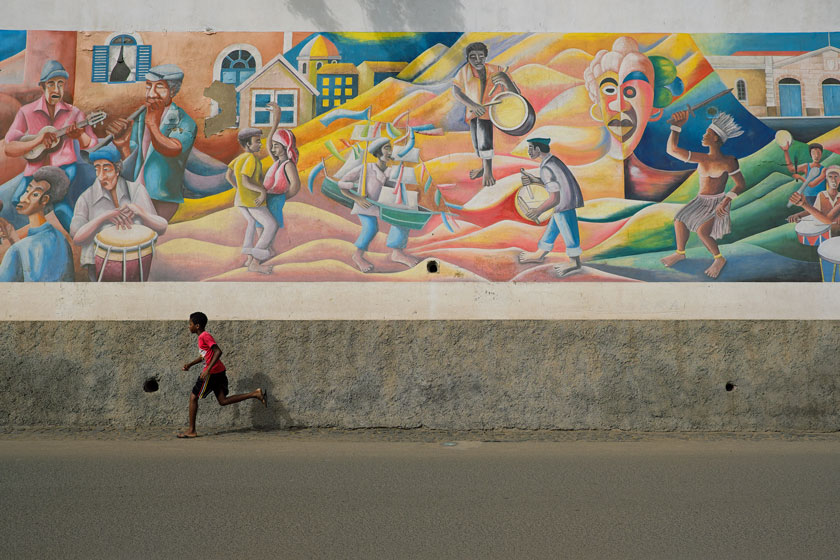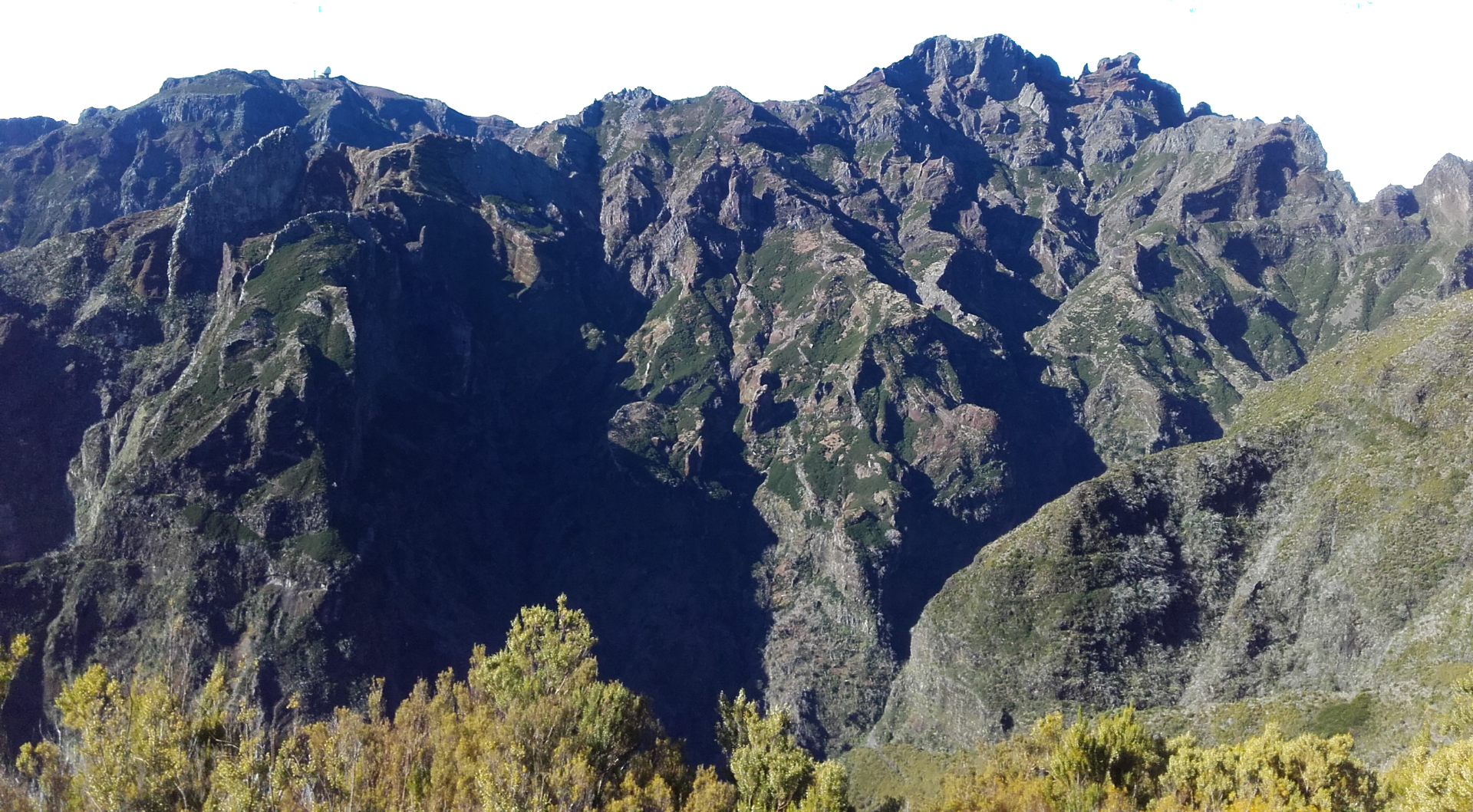Born August 27th 1941 in Mindelo, Sao Vicente on the archipelago of Cape Verde, Cesaria Evora would one day help place her home town on the world map. From extreme poverty to a global sensation, she managed to fulfill her dream, to sing and travel the world, never once forgetting her humble roots. Follow us on a musical journey as we uncover just who is Cesaria Evora.
Where is Cesaria Evora from?
Ceasaria Evora is Cape Verdean. She was born in the town on Mindelo, on the island of Sao Vincente, one of the 10 islands that make up the archipelago, off the coast of Senegal. During her early years, Cape Verde was a poverty-stricken country suffering drought and famine and isolated from the world. She was born into a poor family, one of 7 children. At aged 7, her father died and by 10 years old, she was living in an orphanage.
What is Cesaria Evora known for?
Cesaria Evora was known as the « Barefoot Diva » choosing to perform with no shoes on throughout her career. An iconic figure in Cape Verde, she was one of the very few African artists at the time to achieve mainstream success. Even when singing in her native Creole (a Cape Verdean dialect), her voice touched the hearts of many. She became a global sensation in her late 40s!
What kind of music is Cesaria Evora?
If you were to ask any Cape Verdean who is Cesaria Evora, they would reply “the Queen of Morna”. Morna is considered the national music of Cape Verde, plaintive songs that speak of the harsh daily life of this country, departure abroad and the return, love, and Saudade, a state of melancholic longing for an absent someone or something.
Encouraged by a friend, Evora started singing in Sailors’ bars and on Portuguese cruise ships that stopped over in Mindelo. Her voice was to be heard on the national radio and became famous throughout the archipelago.
The start of her international fame dates back to 1985, when she was invited by Cape Verdean singer Bana – the King of Morna – to perform in Lisbon, where she was discovered by a French music producer, José da Silva, who invited her to record in Paris. There she recorded the album that would put her in the spotlight ‘La Diva aux pieds nus » (the Barefoot diva). Her second studio album released in 1992 « Miss Perfumado » sold over 300.000 across the world and the question of who is Cesaria Evora? was no longer asked! With regular write ups in newpapers such as Le Monde in France and the New York Times in the USA, her unique style, her barefootness and the emotion she portrayed in both her voice and performance earned her international esteem. In 2004 she won a Grammy Award for the best contemporary world music album for her album « Voz d’Amor ».
Is Cesaria Evora Portuguese?
From 1462 to 1975, Cape Verde was a colony of the Portuguese Empire. In 1975, the archipelago gained independence and is now a recognized country. The official language is Portuguese, but the natives are Cape Verdeans. Cesaria Evora is very much Cape Verdean, a true national treasure.
A heavy smoker, she suffered a stroke and underwent open heart surgery. Due to ill health, she put an end to her career in September 2011 and died of respiratory failure in December of the same year, aged 70. She died in her beloved hometown of Mindelo on Sao Vicente.
In March 2012 the third busiest airport in Cape Verde was named after her and a sculpture of her was erected in front of the terminal building on Sao Vincente Island. Her face appeared on a Cape Verdean stamp and in 2014 was introduced on the 2000 escudos banknotes.
Her presence is still very much a part of the culture of the islands but also in the diaspora of Cape Verdeans across the world, her legend lives on. She was an artist who put Cape Verde on centre stage and was an incredible ambassador of this country. As Patrick Chamoiseau wrote « Her feet are bare, her voice is naked, and so is her heart, proffered in a parure of all the graces. Among human beings, Cesaria is a queen. »
Enjoy one of our Cape Verde hiking trips and explore the streets of Mindelo, immerse yourself in morna music and soak up the Portuguese African culture, now that you know just who is Cesaria Evora.




